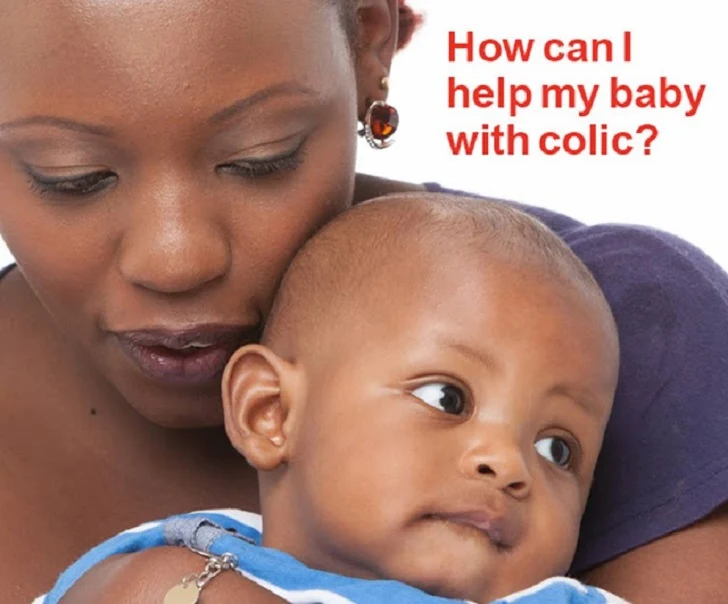What is Colic?
Colic is not a disease. A baby with colic cries a lot more
than other babies. Nothing seems to comfort the baby or stop the crying. It is
painful for the baby and very hard for parents. If your baby has colic, do not
blame yourself. It is not your fault.
No one knows what causes colic or why only some babies get
it. Colic is most likely to occur in the evenings. It starts during the first
few weeks of life and, in most cases, ends when the baby is 3 or 4 months old.
Check with your doctor or public health nurse to make sure
there is not some other reason for the crying.
If your baby has colic, get as much rest, and help as you
can. Let other people help with the baby, meals, and other children. Remind
yourself that this will not last forever.
A baby with colic:
• Cries as if in pain after a feeding • Pulls his knees up
to his chest as with a bad stomach ache • May pass gas or vomit • Does not stop
crying for long, no matter what you do.
You may find these ideas helpful if your baby has colic:
- If you are using a commercial formula, check to be sure
the nipple is full of milk so your baby does not swallow too much air during
feedings. - Burp before, during, and after each feeding.
- Try to stay calm and keep your baby calm. Play soft,
soothing music. Hum or sing. Walk or rock your baby. Rub the baby’s back for
comfort and to help pass gas. Lay your baby on his tummy and rub his back. Or,
lay your baby on his back and rub his tummy. Place a warm cloth on the tummy or
bath the baby in the tub. - Use an infant carrier that straps on your shoulders
(SnugliTM). It allows you to carry and comfort your baby when you have to do
other things. - Take the baby for a car ride or go for a walk using the
carriage. Sometimes the noise and movement help. - If you smoke, the nicotine goes into the baby with your
breast milk. This may be making the baby upset. You may want to stop or reduce
your smoking. Or you could only smoke after you feed the baby. - Do not change your baby’s commercial formula without first
talking to a health professional.
